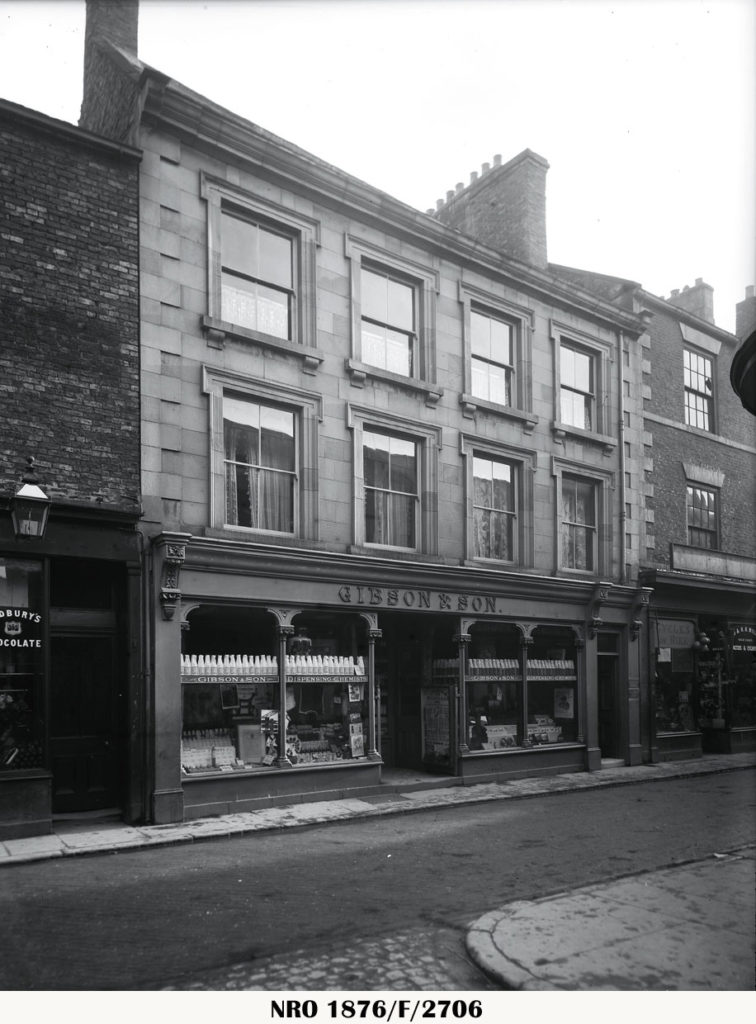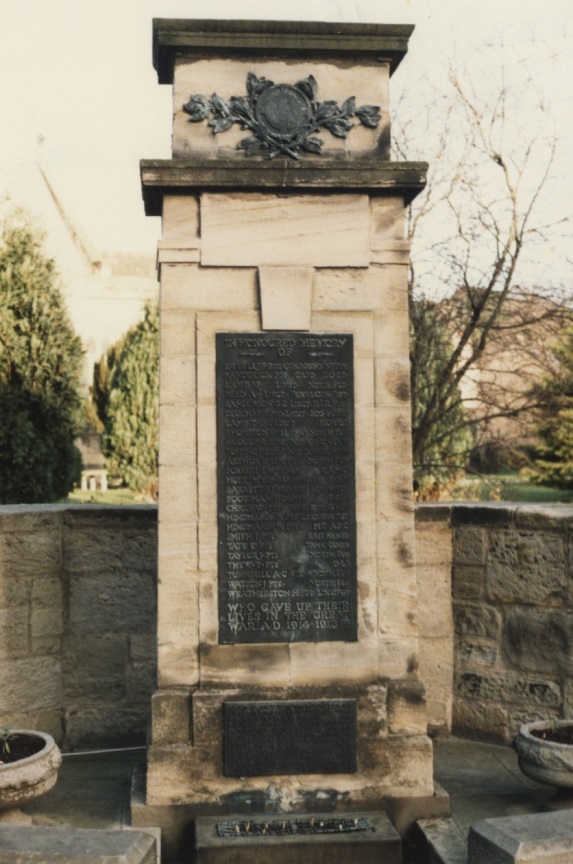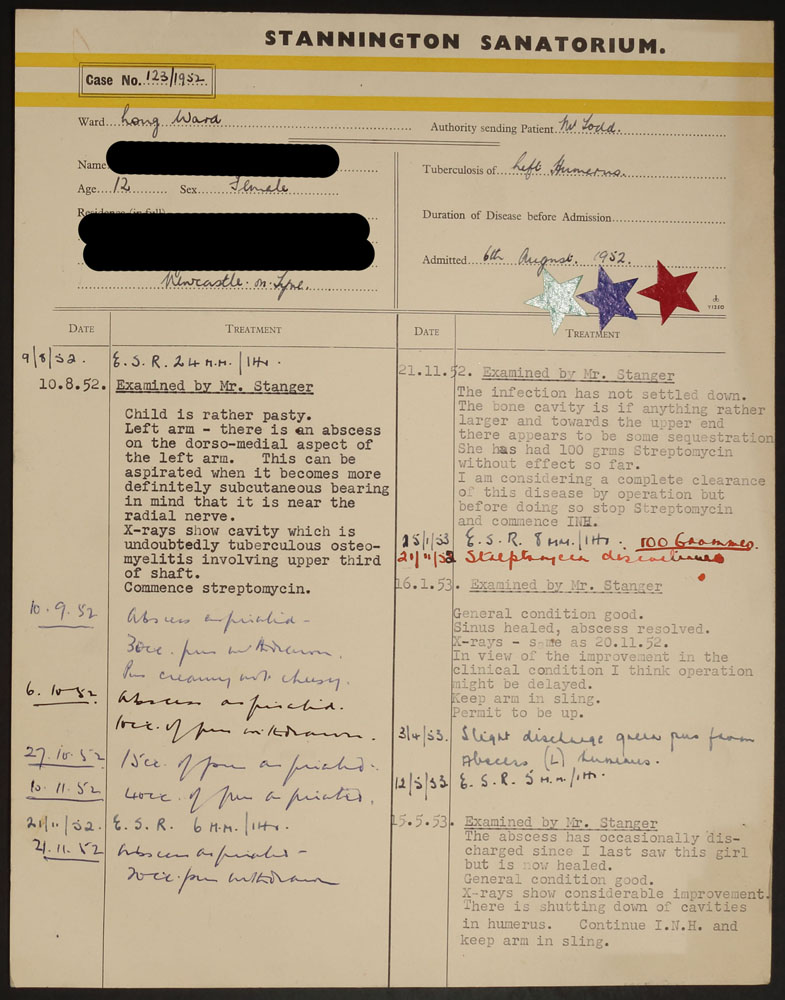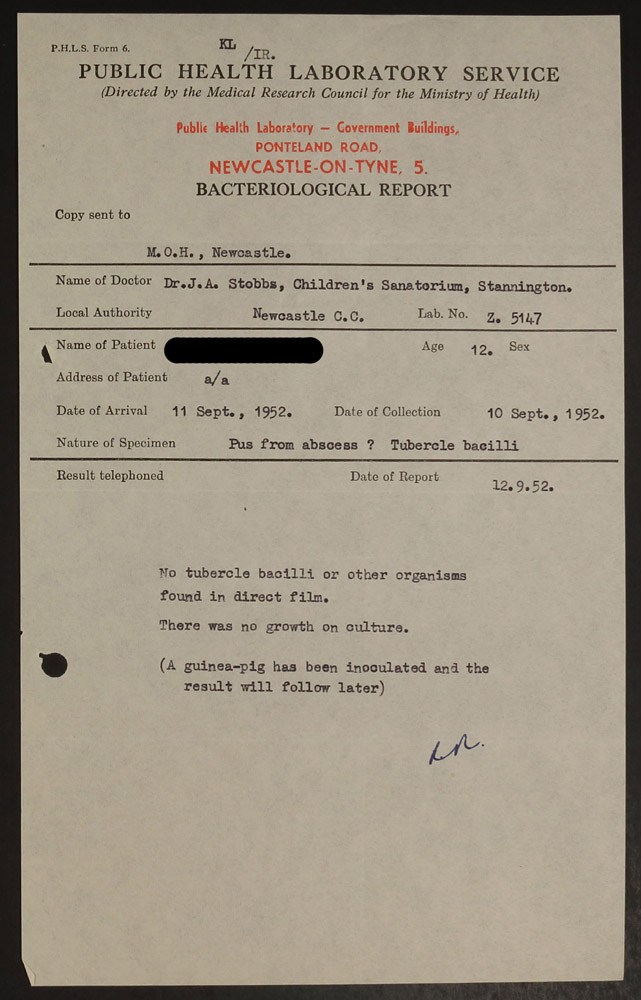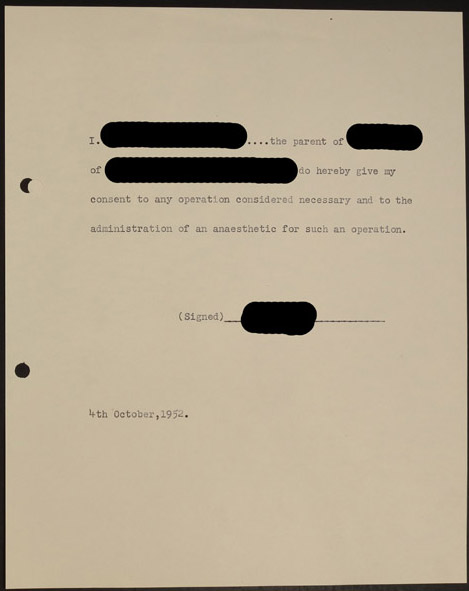The Gibson Collection was deposited with Northumberland Archives in 1979. The work represented within the Collection is that of John Pattison Gibson, his son John Gibson, and another photographer, Edgar G. Lee. The collection comprises cameras, certificates, framed photographs, sepia prints and glass plate negatives, as well as family artefacts and papers. As Robin Gard, former Northumberland County Archivist, wrote in 1982, the collection is a ‘unique visual historical record of prime value to scholars in several disciplines as well as to local historians.’
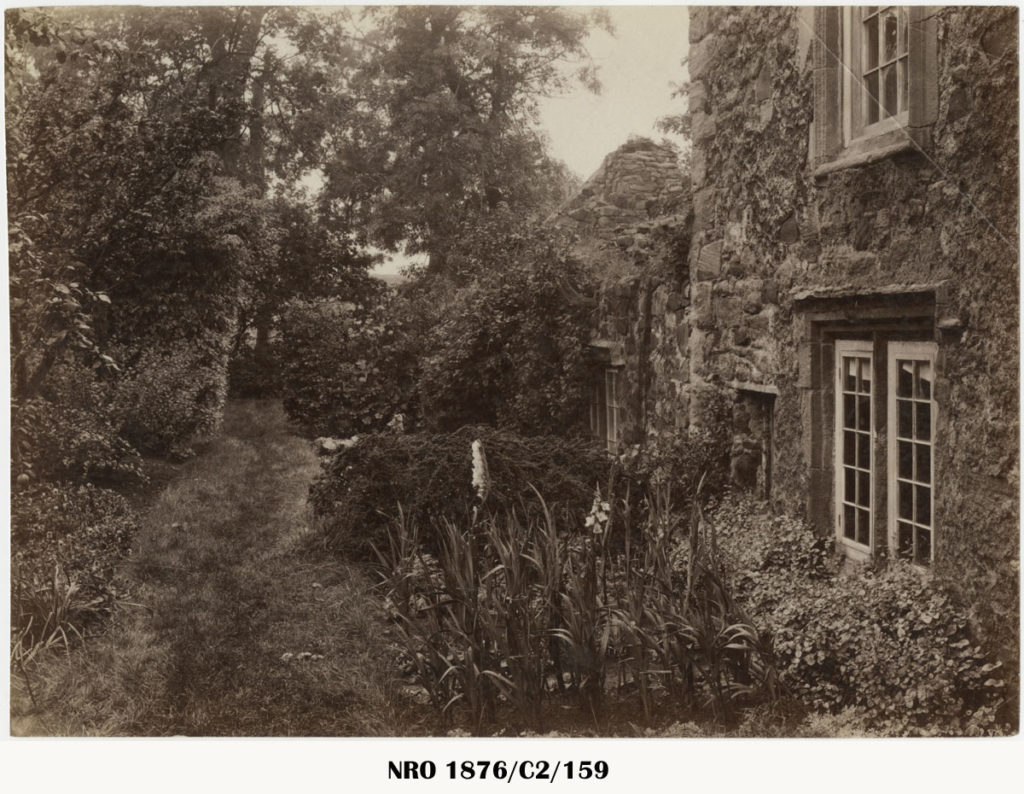
J.P. Gibson was born on 4th January 1838 in Hexham, the son of W.W. Gibson. He was educated at Hexham Grammar School, and later Newcastle Grammar School, before following his father into the family business as a chemist within the families’ pharmacy in Hexham. As well as being an athlete and boxer in his youth, Gibson was also a keen shot. He was interested in military history, and served in the Hexham Rifle Corps from 1859, retiring in 1892 with the rank of Major. At the end of the Franco-Prussian War, Gibson visited the battle sites, and was present in Paris during the Commune of 1871.
Much of Gibson’s work is focused on archaeological sites and excavations, showing his deep interest in archaeology. His first notable find occurred in the summer of 1891, when he came across a rabbit hole on the Nicks of Thirlwall. This led to his discovery of Mucklebank Wall turret, which was then excavated in 1892. He was involved in excavations at Housesteads and Gilsland, and was also the official photographer for the ‘Corstopitum’ excavations of Corbridge, from 1906 until his death in 1912. This combined his love of archaeology with his photography. He produced mainly glass plate negatives from these excavations. Postcards were also produced and sold to raise funds for the excavations.
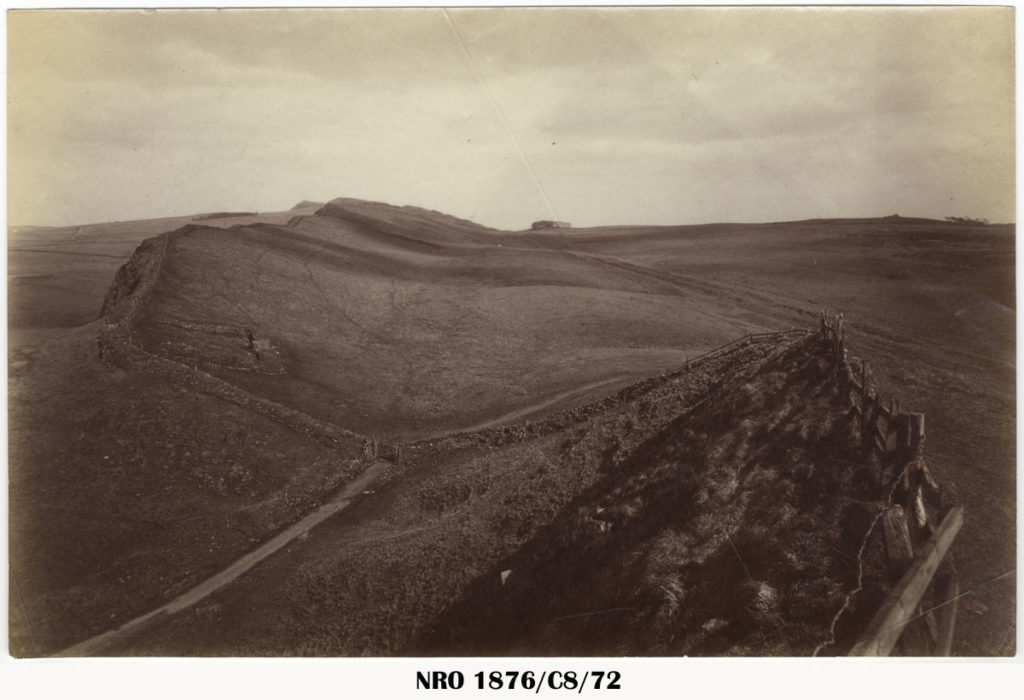
Gibson joined the Society of Antiquaries of Newcastle upon Tyne in 1883, and due to his skill and interest in architectural history, he was chosen by the Society as a leader and guide for some excursions. He was also a prominent lecturer, using his glass slides to illustrate and educate his audience.
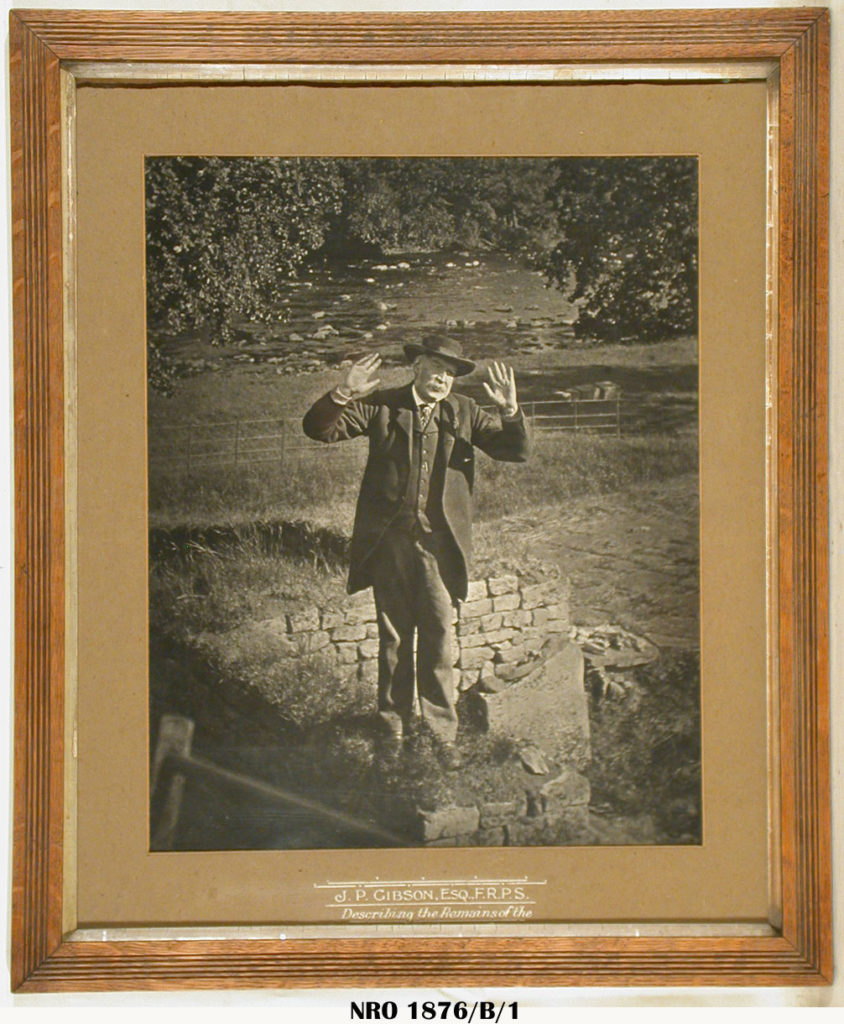
He later became Vice President of the Society, and wrote many articles for Archaeologia Aeliana. He was also a member of the Durham and Northumberland Architectural and Archaeological Society, the Royal Photographic Society, and in 1911 was elected Fellow of the Society of Antiquaries of London. In 1908 Gibson was granted honorary membership of the Glasgow Archaeological Society.
During his career, Gibson won many medals, diplomas and certificates. He was presented with a diploma at the Universal Exposition of Paris in 1889. This was a World Fair held from 6th May to 31st October, during the 100th anniversary of the storming of the Bastille, and was the Fair for which the Eiffel Tower was completed, functioning as the entrance arch. Gibson was awarded this diploma of the silver medal for “landscape photographs of Northumbrian river scenery”, which was exhibited in Group II, Class 12.
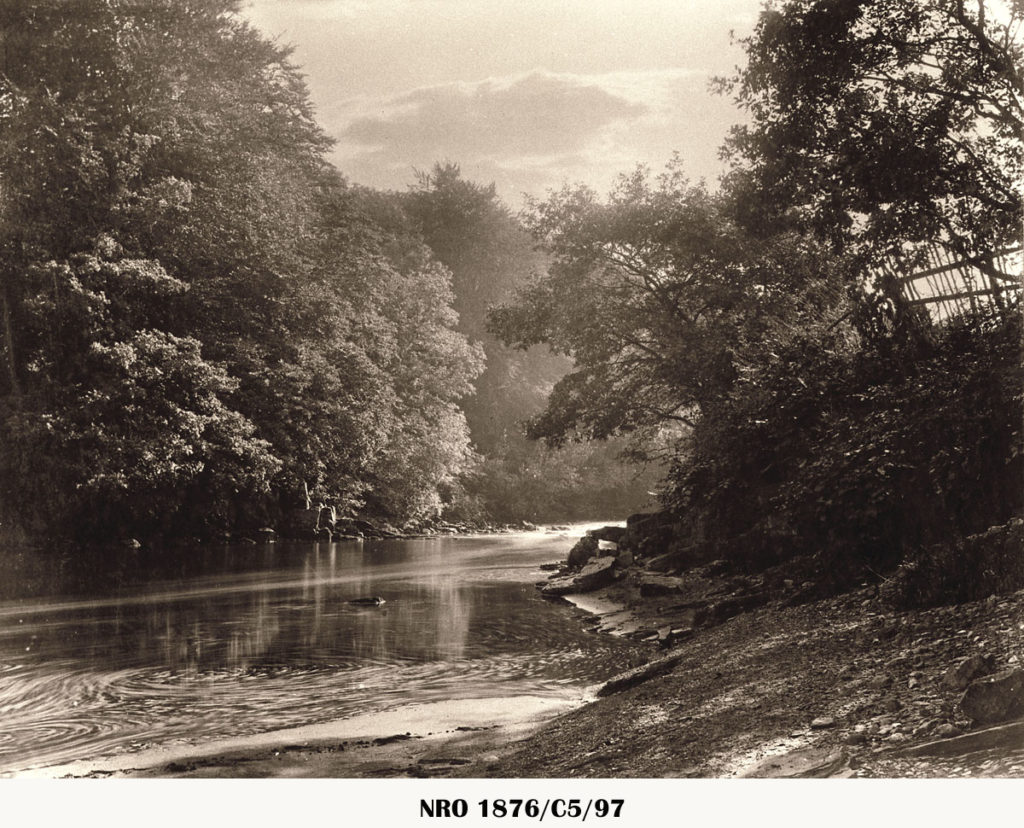
The style of photography adopted by Gibson resulted in his photographs having the appearance of paintings. This style was developed around 1889 as the result of the furore that arose when artists complained that photography could not be an art form. Gibson’s photographs are works of art, and his techniques show how much thought and time went into their production. He used different cloud formations and skies to alter his works, and these were taken from separate cloud negatives that still exist in the collection. This was primarily done because the emulsions for the negatives were not able to capture the various extremes of light at the time.
After Gibson’s death in 1912, the family shop continued to trade. It was originally opened in 1834 in 16-20 Fore Street, Hexham, by J.P. Gibson’s father, William Wilson Gibson.
The Arms of the City of London were a feature of the shop front, after J.P. Gibson’s son, John, was admitted to the Freedom of the City of London in 1908 as a Freeman of the Worshipful Company of Spectacle Makers.
The ornate carving above the door of the shop was executed by a Belgian refugee (one of around 400 in Hexham during World War One) as an expression of gratitude to the Gibson family. The family had provided meeting rooms and a library of French and Flemish books for the refugees in the town. The left shield bears the letters JPG around the sun, necessary for photography, while the right shield shows JG around an eye, representing an optician.
The shop closed in 1978 and was threatened with demolition. The Science Museum in London stepped in and bought the fittings and shop front, showing how well-known and well-regarded Gibson was. The shop front and most of the contents are now on display in the fourth floor gallery of the Museum entitled, ‘Glimpses of Medical History’.

